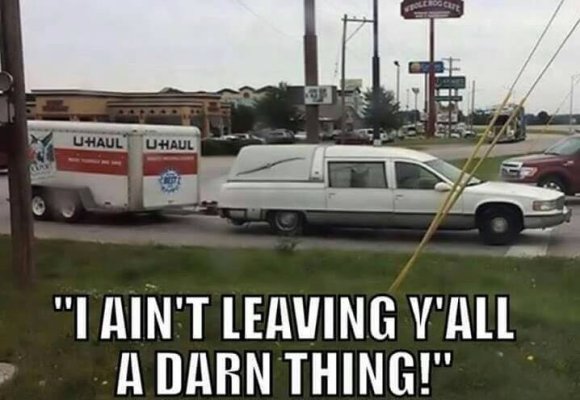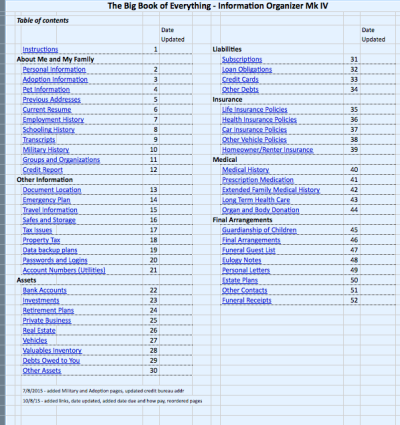Earl E Retyre
Full time employment: Posting here.
- Joined
- Jan 1, 2010
- Messages
- 541
I have two questions related to wills and planning for heirs …
When you die,
(1) How do your heirs know where you had all your money invested? Can an executor do a search by social security number or do you need to have financial institution names/accounts documented somewhere for their access?
(2) Is the will public record to your heirs? If you decided to give one family member more than another, will the other be able to find out or is that private information?
When you die,
(1) How do your heirs know where you had all your money invested? Can an executor do a search by social security number or do you need to have financial institution names/accounts documented somewhere for their access?
(2) Is the will public record to your heirs? If you decided to give one family member more than another, will the other be able to find out or is that private information?



